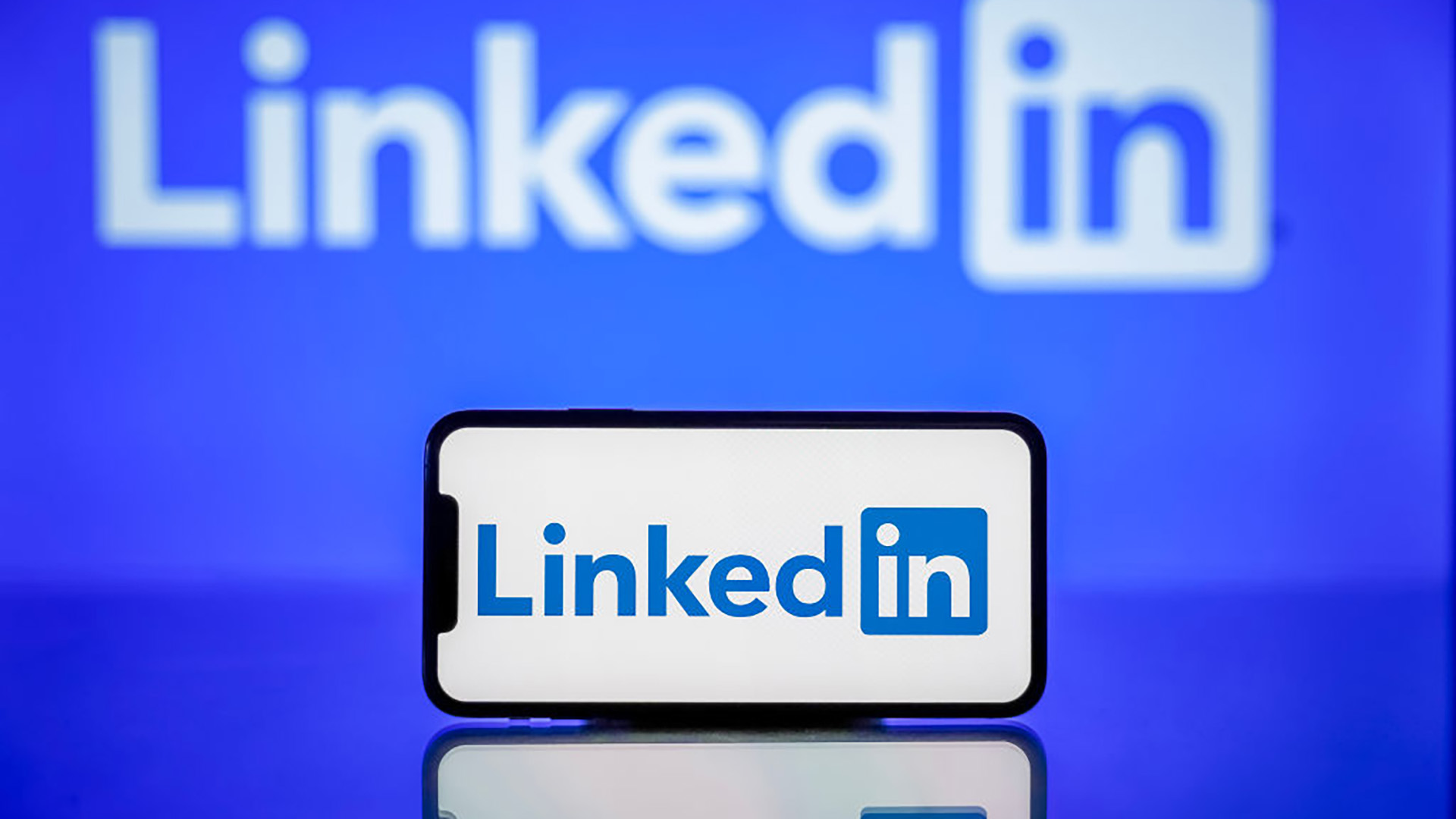Tim Berners-Lee: How we can win back the web
The public must reject misinformation and keep control of their own data


Tim Berners-Lee, inventor of the World Wide Web, has expressed concern about the way the internet is being used and how it can fulfill its "true potential" as a tool that can help everyone, not just those who want to farm data about the world's citizens.
In a Guardian exclusive, Berners-Lee highlighted three trends he thinks are having a detrimental effect on the web.
The first problem he has identified is companies taking personal data in return for very little that benefits the end user. Although people are happy to share their data in return for a freebie, that doesn't make it right for businesses to own the public's data and keep it out of sight in "proprietary silos".
"Through collaboration with or coercion of companies, governments are also increasingly watching our every move online and passing extreme laws that trample on our rights to privacy," Berners-Lee wrote. "In repressive regimes, it's easy to see the harm that can be caused bloggers can be arrested or killed, and political opponents can be monitored."
He said this may be an extreme example, but that even in more democratic countries, such as the UK, governments are increasingly monitoring citizens all the time and encroaching on human rights. It creates a "chilling" effect on free speech, he said, and means the web is no longer a place where people can safely explore important topics such as sensitive health issues, sexuality or religion.
Berners-Lee also referred to the dangers of misinformation or "fake news", which spreads rapidly across the Web because social networks and search engines have made it too easy to automate news distribution.
"Through the use of data science and armies of bots, those with bad intentions can game the system to spread misinformation for financial or political gain," he noted.
Get the ITPro daily newsletter
Sign up today and you will receive a free copy of our Future Focus 2025 report - the leading guidance on AI, cybersecurity and other IT challenges as per 700+ senior executives
These tactics are being used for political advertising, he said, with politicians using data and the fact the public gets most of its news from just two sources social media and search engines to target political advertising campaigns at the vulnerable.
"One source suggests that in the 2016 US election, as many as 50,000 variations of adverts were being served every single day on Facebook, a near-impossible situation to monitor," Berners-Lee said.
The solution to this, Berners-Lee said, is to work with web companies to ensure people can control their own data, while fighting against data surveillance laws. It's also everyone's responsibility to push back against search engines and social networks to make sure they come up with ways to stop the spread of misinformation.
"We need more algorithmic transparency to understand how important decisions that affect our lives are being made, and perhaps a set of common principles to be followed," he concluded.
"It has taken all of us to build the web we have, and now it is up to all of us to build the web we want for everyone."

Clare is the founder of Blue Cactus Digital, a digital marketing company that helps ethical and sustainability-focused businesses grow their customer base.
Prior to becoming a marketer, Clare was a journalist, working at a range of mobile device-focused outlets including Know Your Mobile before moving into freelance life.
As a freelance writer, she drew on her expertise in mobility to write features and guides for ITPro, as well as regularly writing news stories on a wide range of topics.
-
 Third time lucky? Microsoft finally begins roll-out of controversial Recall feature
Third time lucky? Microsoft finally begins roll-out of controversial Recall featureNews The Windows Recall feature has been plagued by setbacks and backlash from security professionals
By Emma Woollacott Published
-
 The UK government wants quantum technology out of the lab and in the hands of enterprises
The UK government wants quantum technology out of the lab and in the hands of enterprisesNews The UK government has unveiled plans to invest £121 million in quantum computing projects in an effort to drive real-world applications and adoption rates.
By Emma Woollacott Published
-
 Have I Been Pwned owner Troy Hunt’s mailing list compromised in phishing attack
Have I Been Pwned owner Troy Hunt’s mailing list compromised in phishing attackTroy Hunt, the security blogger behind data-breach site Have I Been Pwned, has fallen victim to a phishing attack targeting his email subscriber list.
By Jane McCallion Published
-
 LinkedIn has become a prime hunting ground for cyber criminals – here’s what you need to know
LinkedIn has become a prime hunting ground for cyber criminals – here’s what you need to knowNews Cyber criminals are flocking to LinkedIn to conduct social engineering campaigns, research shows.
By Solomon Klappholz Published
-
 Phishing campaign targets developers with fake CrowdStrike job offers
Phishing campaign targets developers with fake CrowdStrike job offersNews Victims are drawn in with the promise of an interview for a junior developer role at CrowdStrike
By Solomon Klappholz Published
-
 Iranian hackers targeted nuclear expert, ported Windows infection chain to Mac in a week
Iranian hackers targeted nuclear expert, ported Windows infection chain to Mac in a weekNews Fresh research demonstrates the sophistication and capability of state-sponsored threat actors to compromise diverse targets
By Richard Speed Published
-
 Malware being pushed to businesses by search engines remains a pervasive threat
Malware being pushed to businesses by search engines remains a pervasive threatNews High-profile malvertising campaigns in recent months have surged
By Ross Kelly Published
-
 CISA: Phishing campaign targeting US federal agencies went undetected for months
CISA: Phishing campaign targeting US federal agencies went undetected for monthsNews Threat actors used legitimate remote access software to maliciously target federal employees
By Rory Bathgate Published
-
 Google Ads malvertising campaign prompts questions around Search security
Google Ads malvertising campaign prompts questions around Search securityNews A leading security researcher has called into question why Google still allows malware links to top search results
By Rory Bathgate Published
-
 Uber hacked via basic smishing attack
Uber hacked via basic smishing attackNews The self-taught hacker impersonated an IT worker to gain an Uber employee's password, obtaining broad access to internal systems and posting taunting messages
By Rory Bathgate Published